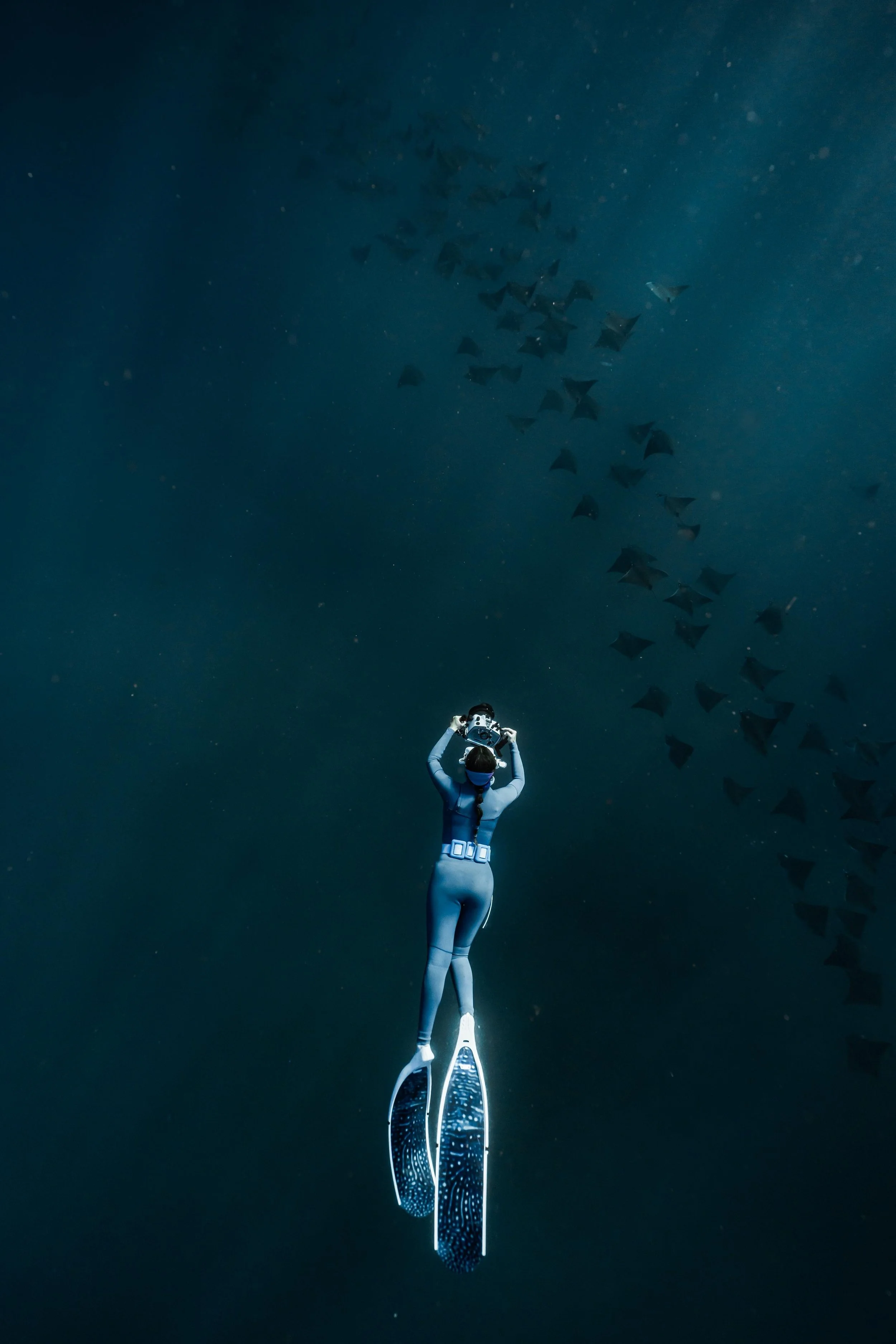Expedition Travel vs Backpacking: What’s the Real Difference?
For many adventure lovers, the big question is: Should I go backpacking or join an expedition?
Both offer unforgettable experiences, but the journey, the risks, and what you walk away with can be very different—especially if you’re new to swimming, snorkeling, or diving.
If you’re dreaming of oceans, wildlife encounters, and island-hopping adventures, understanding these differences will help you choose the route that fits your comfort level, skills, and the kind of memories you want to create.
1. What Is Backpacking?
Backpacking is independent, flexible, and low-budget travel. You carry your own gear, plan your own routes, and decide everything on the fly—from transport to accommodation to activities.
It’s perfect for travelers who love:
Spontaneity
Finding their own hidden spots
Making decisions as they go
Budget travel
However, backpacking also means you’re responsible for your own safety. If you’re not confident in the ocean or haven’t had much experience in snorkeling or diving, you’ll need research, self-teaching, and sometimes luck to navigate safely.
2. What Is Expedition Travel?
Expedition travel is guided, structured, and experience-focused. Instead of navigating alone, you explore with a professional team who handles planning, safety, and learning.
This style is made for travelers who want:
Expert guidance
Safe conditions for ocean activities
Educational experiences
Access to places you can’t easily reach alone
With expeditions like Bianca Roams, you get a supportive environment—especially if you’re new to the water. Many travelers join with little or zero experience in swimming, snorkeling, or free diving. By the end of the trip, they often surprise themselves with how far they’ve grown.
3. Key Differences: Expedition vs Backpacking
Safety & Skills
Backpacking: You’re on your own. No instructors, no safety briefings, no rescue support.
Expeditions: Guided by experts trained in water safety, marine life interaction, and risk management.
Time & Planning
Backpacking: Requires heavy planning—routes, ferries, accommodations, dive shops, weather, etc.
Expeditions: Everything is arranged for you, allowing you to actually enjoy the experience.
Ocean Confidence
If you're new to the water:
Backpacking may feel overwhelming.
Expeditions provide training, supervision, and step-by-step guidance so even beginners feel comfortable.
Experience Quality
Backpacking gives you freedom, but expeditions give you depth—learning about ecosystems, wildlife behavior, freediving techniques, and environmental respect.
4. People Also Ask
Is expedition travel worth it for beginners?
Absolutely. Expeditions are designed for all skill levels, offering hands-on support—especially for those who can’t swim well or have never snorkeled.
Do I need to be a strong swimmer to join an expedition?
No. Many participants are first-timers. Guides will train you gradually and ensure you are safe and comfortable in the water.
Is backpacking cheaper than joining an expedition?
Usually yes, but the value of an expedition comes from expert guidance, improved safety, and access to unique experiences you wouldn’t get on your own.
Can I learn snorkeling or diving during an expedition?
Yes. Bianca Roams expeditions are designed to help you progress from beginner to confident ocean explorer through practical, supportive coaching.
5. Which One Should You Choose?
If you already feel strong and confident in the ocean, backpacking can be fun, flexible, and spontaneous.
But if you:
want to explore the ocean safely
are new to swimming/snorkeling/free diving
want expert-led experiences
prefer not to worry about logistics
want deeper learning and connection with nature
…then expedition travel is the better choice.
Why Travelers Choose Bianca Roams Expeditions
Bianca creates a space where beginners feel supported, experienced travelers feel challenged, and everyone leaves with unforgettable ocean moments. Every trip balances adventure, safety, and personal growth.
You don’t need experience—just the desire to explore.

